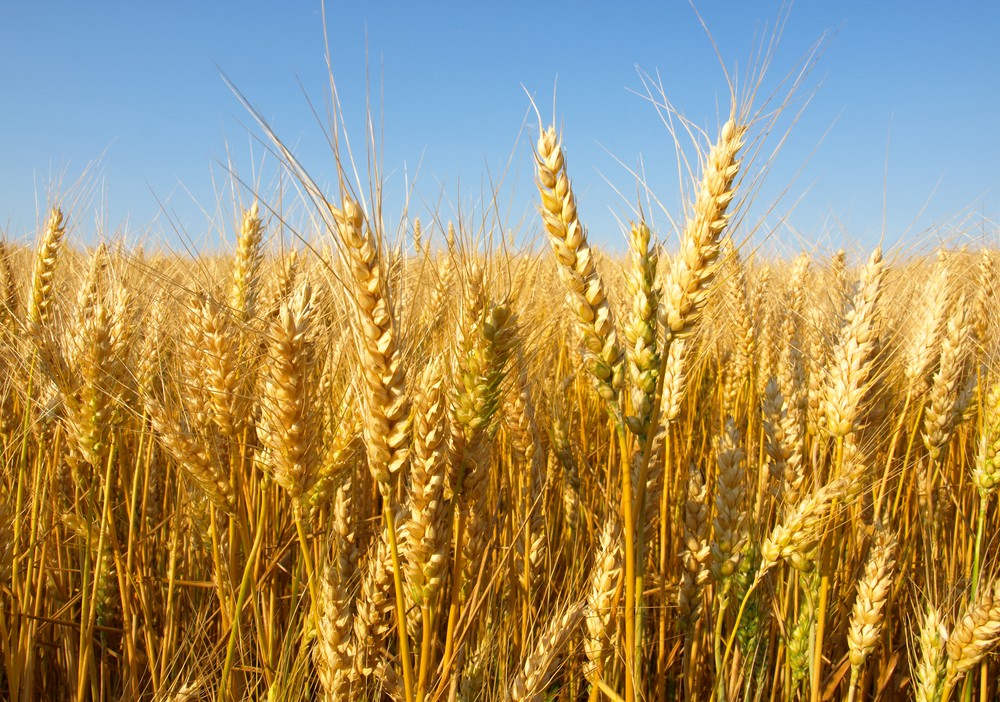Towards more equitable and sustainable food systems

18/07/2023
Towards more equitable and sustainable food systems: we must move in this direction. Food systems play a crucial role in our society, and there are significant challenges to address, including threats to biodiversity, excessive water resource consumption, and greenhouse gas emissions with consequences for human health.
Recent crises, such as the Covid-19 pandemic and the Russo-Ukrainian conflict, as well as many other regional crises, have highlighted the serious vulnerabilities of global supply chains. Additionally, these crises have emphasized the risk of pandemics originating from damaged nature and a speculative financial system.
Data from Europe and Italy
In Europe, for example, a significant percentage of the population, around 10%, lacks access to an adequate diet. In Italy, this figure rises to 15%, leading to a condition of food poverty. These figures should not surprise us, as in recent years, we have witnessed an increase in the number of people suffering from malnutrition, hunger, and obesity-related diseases. This situation is the result of profound inequalities and food systems that require reform both globally and locally towards more equitable and sustainable food systems.
Report for the Transformation of Food Systems and sustainability paths
The introduction to the Report for the Transformation of Food Systems and sustainability paths, proposed by the National Table on Food Systems, highlights the value of enhancing the diversity of local food systems as a key element for transforming food systems. The main objective is to re-territorialize these systems, adopting a rights-based approach that strengthens short supply chains, promotes local public procurement, and utilizes knowledge and technologies that do not marginalize. In this sense, it is essential to overcome the mass consumption model and the culture of waste and recognize the cultural value of food and its potential for social mobilization for change.
Link 2007’s commitment
LINK 2007, a network that brings together 16 of the most important and historical Italian non-governmental organizations, has actively participated in this operation through the valuable experiences of the organizations within the network. Italo Rizzi, strategic director of Lvia – Associazione Internazionale Volontari Laici and designated representative on the topic for LINK 2007, took an active part in this initiative.
The report represents the outcome of an independent dialogue, called “Local Action. Global Connections!“, held in June 2021. After a process of review and enrichment, it was finalized in 2022 and shared through public meetings at various organizations. Additionally, it was presented during important events such as the Third World Conference on the Revitalization of the Mediterranean Diet and the Sustainable Development Festival 2023.
More commitment is needed
Europe is taking significant steps to address these challenges, as demonstrated by the Green Deal and the EU’s Farm to Fork strategy. However, there is still resistance from some corporate actors towards initiatives like the legislative framework for sustainable food systems (Fsfs).
In this context, Italy, with its food culture and growing interest in agroecology, has an important role to play in promoting sustainable food systems. One of the key moments to promote these ideas is represented by the Second Forum on Sustainable Food Systems, known as Unfss+2, which will take place in Rome on 24-26 July 2023. This Forum offers an important opportunity to present concrete proposals and connect with other entities committed to change.
The article was published in VITA NON PROFIT.
